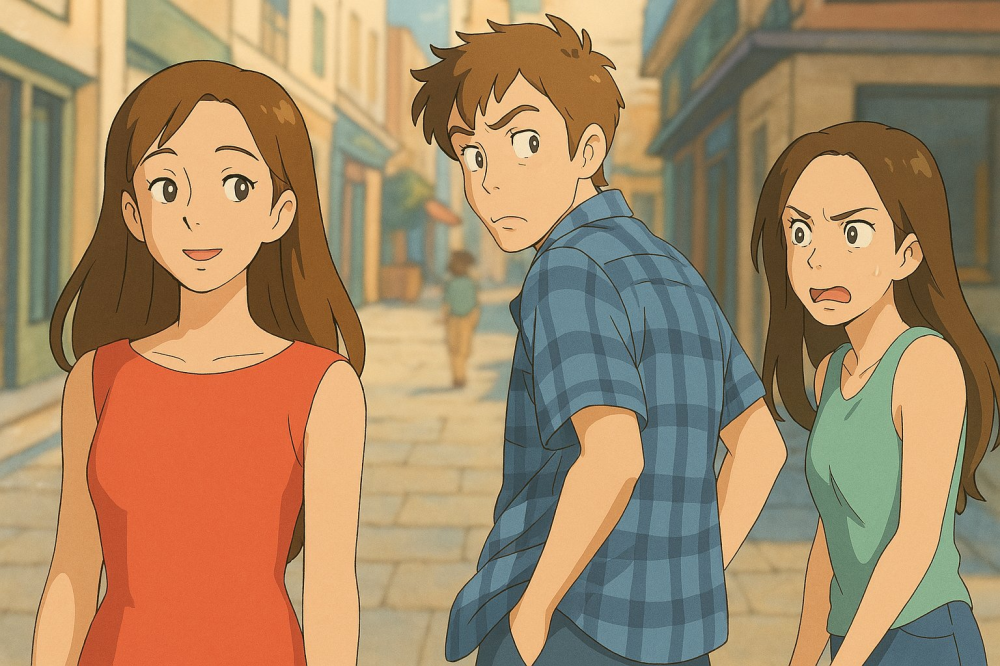A wave of enchanting, Studio Ghibli-inspired images generated by ChatGPT’s new AI art tool has taken social media by storm—but their popularity highlights growing legal and ethical concerns about AI’s use of copyrighted artistic styles.
The Viral Ghibli Effect
Users are flooding platforms like X and Instagram with:
🌿 Whimsical forest spirits reminiscent of Princess Mononoke
🏰 Floating castles echoing Howl’s Moving Castle
👧 Wide-eyed children in Ghibli’s signature style
While technically “original” creations, the images mimic Hayao Miyazaki’s iconic aesthetic without permission from Studio Ghibli.
Why This Matters
This isn’t just about pretty pictures—it exposes three major AI copyright gray areas:
- Style vs. Copyright
- Legal precedent protects specific artworks, not general styles
- But at what point does style replication become IP infringement?
- Training Data Questions
- Did OpenAI train its model on Ghibli films/fan art? (The company won’t disclose datasets)
- Commercialization Risks
- Users are already selling AI-Ghibli merch on Redbubble and Etsy
Artist Backlash Grows
Animation professionals are sounding alarms
Where the Law Stands
- Japan (Ghibli’s home base) has no explicit style protection
- EU AI Act requires the disclosure of copyrighted training data
- US courts remain divided after rulings against AI image generators


